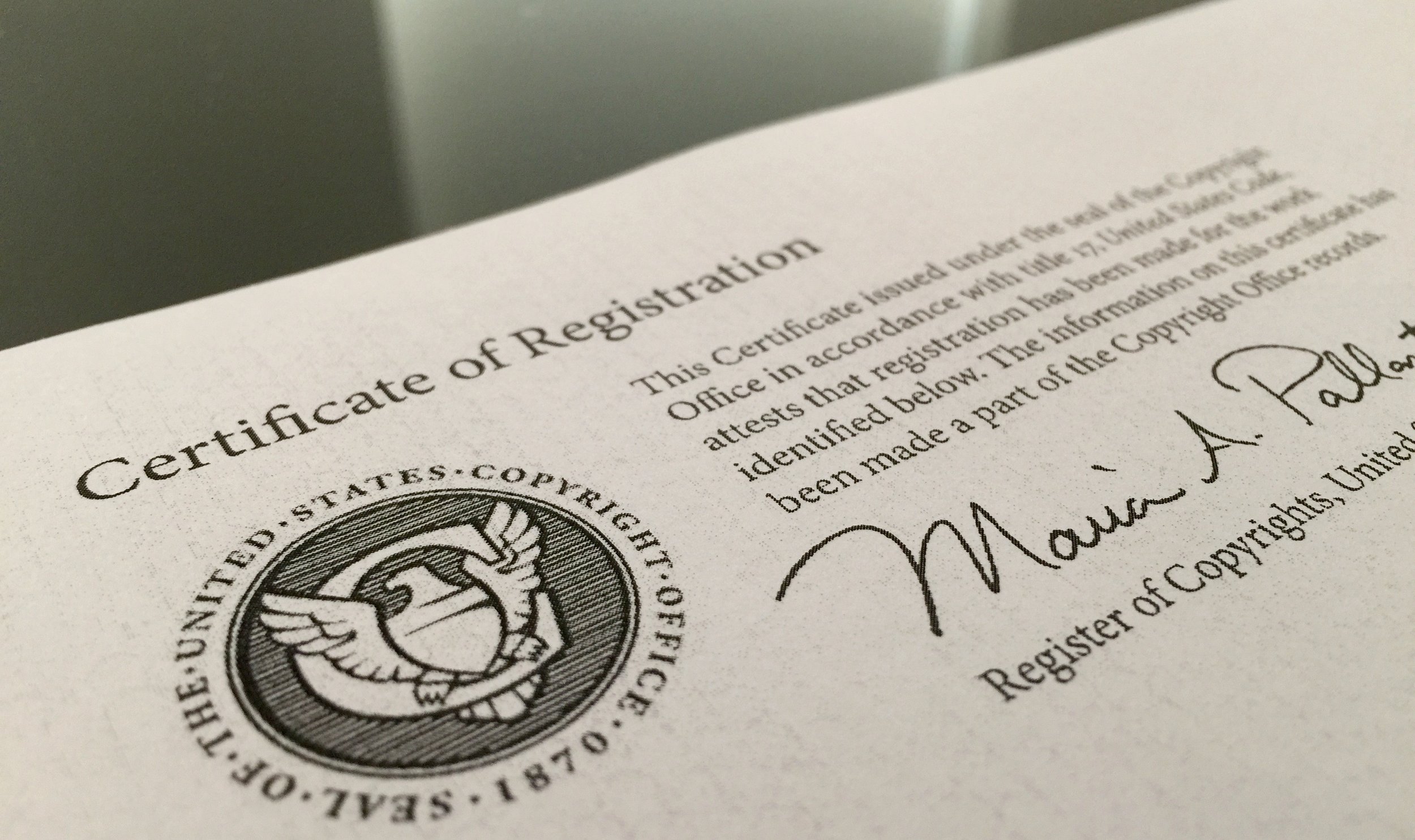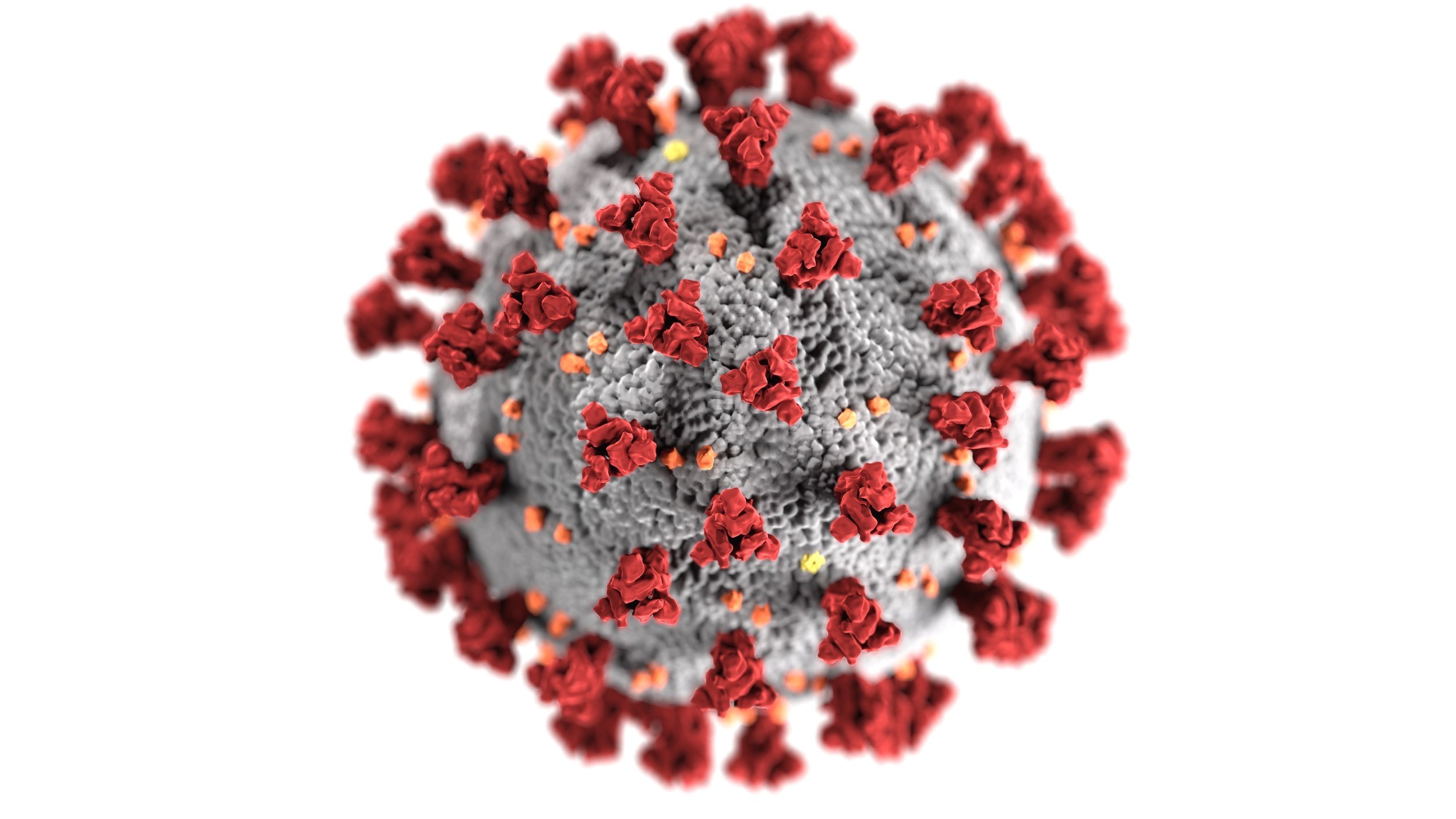On January 2, 2024, Arkansas Judge Gary Arnold signed an Order invalidating the contracts of attorneys Tony Pirani, Pirani Law PA, Steve Kherkher, Kherkher Garcia, LLP, and Nunez Law Firm (based in Mexico). They were acting on behalf of the Estate of Flor Maribel Recinos Valle in a wrongful death action pursuant to an “Attorney Employment Contract” involving “Nunez Law Firm,” which was deemed improperly “procured” or “solicited.”
HLF’s client Jason M. Hatfield, P.A. was determined to have a valid lien, that Hatfield gave proper notice of such lien, and that Hatfield is entitled to the full amount of his contract pursuant to Ark. Code. Ann. § 16-22-304. Further, Judge Arnold found that Hatfield was not terminated for cause, and by separate Order Hatfield received immediate distribution of $1.5 million that was held in the Court’s Registry. The Client received payment from the Clerk the same day, on January 2, 2024.
Hatfield has also sued the above law firms in federal court using a federal law known as the Racketeer Influenced and Corrupt Organizations Act. (RICO) The Amended Complaint is set forth here.



